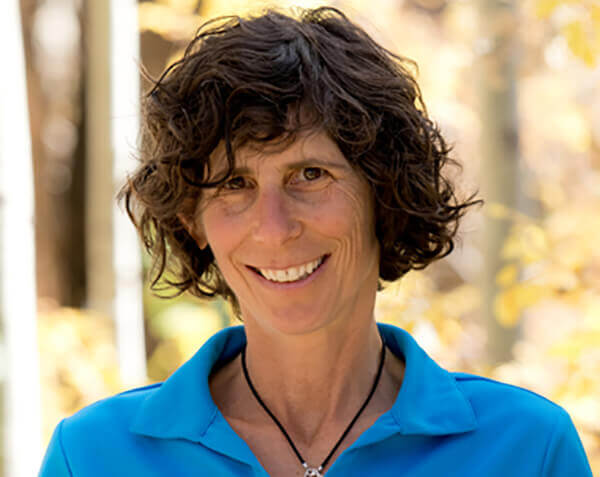By Dr. Kim Scheuer
Many of us struggle with keeping to our New Year's Resolutions. One of the reasons we may have trouble with continuing to eat healthfully is due to food addictions. There is some controversy as to whether food addictions exist. However, an increasing number of studies show biological and behavioral changes in response to certain “highly palatable” foods that parallel criteria for other addictive substances.
The food industry has worked for years to make foods more enticing. The saying “you can't just eat one” is sometimes true. The food industry has manipulated processed foods to contain an increased amount of “highly palatable” sugar, fat (oil), and salt (SOS) so that our brains CRAVE them mentally and physically.
Just as addictive drugs, these substances increase dopamine (the happy hormone) pathways in our brain. As we eat processed foods, many of us need more and more to elevate our dopamine enough to feel baseline. The reward signals of eating these SOS “highly palatable” foods can override signals of fullness and satisfaction. So not only are they high in calories and low in nutrient density, we are never satisfied, and cravings result. Thus, just like a drug, a tolerance to these addictive substances can occur and cause addictive behaviors, including compulsive overeating and constant thinking about food despite the negative consequences of weight gain and illness.
Other studies show opioid receptor associations with SOS foods. And Naltrexone (an opioid antagonist) has been shown to modulate responses to trigger foods.
Yale University's Rudd Center for Food Science & Policy developed a 27 question questionnaire based on the DSM-IV addiction scale that takes 10 minutes to identify people with food addictions. https://form.jotformpro.com/40524856884970.
They ask about certain foods: sweets like ice cream, chocolate, doughnuts, cookies, cake, candy, ice cream, starches like white bread, rolls, pasta, and rice, salty snacks like chips, pretzels, and crackers, fatty foods like steak, bacon, hamburgers, cheeseburgers, pizza, and French fries, and sugary drinks like soda pop. Below are some of the questions they address:
- Do you eat more than planned with certain foods?
- Do you keep eating certain foods even if you are not hungry?
- Do you eat to the point of feeling ill?
- Do you go out of your way to get certain foods when they are unavailable?
- When you cut down on certain foods, do you have psychological withdrawal (i.e., anxiety or agitation)?
- Do you avoid social situations where certain foods are available due to fear of overeating?
- Does eating certain foods cause self-loathing or guilt?
If you have concerns about food addictions, remember you are not alone. Up to 20% of the US population has a food addiction. Other statistics say over 70 million people in America have food addictions. Food Addicts Anonymous uses 12-step principles (similar to Alcoholics Anonymous) and advises people to abstain from problem ingredients like fats, oils, salts, and refined flours. The medical providers at Plant Based Telehealth often address disordered eating patterns and food addiction. We can work with you to learn to eat, focusing on health and happiness rather than being controlled by unhealthy, highly processed, addictive foods.
Gordon EL, Ariel-Donges AH, Bauman V, Merlo LJ. What Is the Evidence for “Food Addiction?”
A Systematic Review. Nutrients. 2018;10(4):477. Published 2018 Apr 12. doi:10.3390/nu10040477
Pursey KM, Stanwell P, Gearhardt AN, Collins CE, Burrows TL. The prevalence of food addiction as assessed by the Yale Food Addiction Scale: a systematic review. Nutrients. 2014;6(10):4552-4590. Published 2014 Oct 21. doi:10.3390/nu6104552
